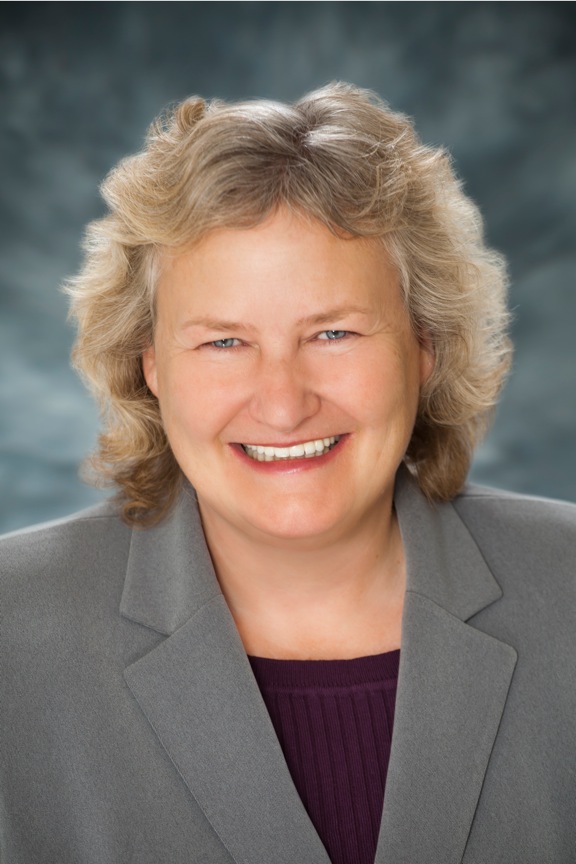Do you like to garden? If so, then you will appreciate this list of 7 rather essential financial seeds to plant in your financial garden.
Keep your Financial Garden Simple & Organized
Just like regular gardening, you wish to keep it simple and organized. It is important to know where everything is including a list of what plants you have in your yard. Instead of a garden map and list of plant cultivars, you will have a list of financial holdings. Have a list of your financial assets and your liabilities. List all of your bank accounts, lending accounts, investment accounts, and keep this with your updated will documents.
Action is required for the act of planting financial seeds. Planting financial seeds is very much like planting a garden. In order for your garden to grow, you must first plant seeds.
Save your Seeds
If you wish for your long-term financial success to happen, you must first save your seeds from work and other resources. Saving financial seeds from work proceeds often takes creating a budget so as to find excess funds to invest.
Establish savings and investment accounts then begin to make monthly automated contributions to your accounts. Just as your garden grows without your looking every moment, so will your financial garden grow. Creating automatic contributions to your investment accounts will help you to simplify your savings routine.
If you have a plant that is really doing well, save more of the same seeds for increased savings the following year.
Know what Type of Financial Seeds to Plant
You can open a savings and investment account through your existing financial advisor or through a financial planner at our office. Just as you wish to know group your plants are included in, you wish to know the type of investments you need and about their major features. You wish to know the major difference between seeds needed for your annual garden crop and the seeds needed for your fruit orchard. They are very different indeed.
A major feature of investment account registrations in Canada is how they are taxed. There are many different types of Canada Revenue Agency (CRA) financial investment registrations in Canada. Two examples are the RRSP and the TFSA.
A Registered Retired Savings Account (RRSP) is fully tax sheltered while your investments grow. You will receive a tax refund today in the amount of your tax rate, which may be anywhere from about 16% to 48% (the highest tax rate for residents of Alberta at this writing). If an Albertan in a 40% tax rate invests $10,000 in an RRSP, they will receive an additional $4,000 in tax savings. This tax savings can be used (almost) immediately with a government filing. The bad side is that taxation is paid later on, at retirement, when presumably your tax rate is lower. There are RRSP contribution limits. CRA only allows you to plant so many seeds with a tax dedication feature.
If you are not in a high tax bracket or have reached your RRSP contribution limit set by CRA, a Tax Free Savings Account (TFSA) may be useful. Just like RRSP’s, the TFSA has contribution limits and is tax sheltered while the TFSA grows. But unlike the RRSP, TFSA investments do not receive a tax savings that can be claimed (almost) immediately, and are not taxed on withdrawals later on.
The RRSP and TFSA are two different types of investment registrations in Canada. There are others. Just as the seeds needed for your annual garden crop and your fruit orchard have distinct features, so do the seeds in your financial garden have unique features.
Obtain the Best Financial Seeds within the Type
Once you have decided on what type of garden seeds to plant, you can decide on exactly what type of seeds you will plant. For your annual garden crop, will you plant tomatoes, beans, and squash, or will you plant carrots, beets, and radishes? You only have so much room at this time and for a certain period of planting time, so selecting the best and most appropriate crop for your needs is important.
The same is with your financial garden. You need to know which are the best financial seeds within your type. Is it the Canadian seeds offered by TD Asset Management or another large institution, or should it be Global investments offered by Trimark and Fidelity, or a mix of these or something different? Just like your garden, you only have so much room to select your investment types so must select wisely.
Know which Weeds to Pull
Your financial garden needs to be monitored and maintained over time. Just as you may pull dandelions or thistles, or another plant that is not desirable to your long-term gardening plan, you must maintain your financial garden.
Knowing which financial weeds may be less obvious since it takes proper analysis of financial variable including your risk tolerance and time horizons, in addition to being able to select the best investments within the type or class that is part of your financial plan. An independent financial planner, who does not work for any particular investment firm, will be essential to assist you to select the best investment vehicle over the long-term.
It is also important to pull out your Bad Debt seeds. Know the difference between good debt and bad debt. Good debt is useful to any enterprise and your financial garden should be seen this way. Good debt is generally debt that has a taxation deduction, is small or management in nature, and has a distinct purpose within your investment goals. Bad debt is normally in the form of credit card debt that you don’t pay off in full each month, or other short term loans. Develop an aggressive plan to eliminate all bad debt. Pull the bad debt weeds.
Plant Estate Planning Seeds
Part of every financial garden is harvesting for the next generation. Perhaps you have a worry that your assets will not be distributed correctly, or that they will be distributed with excessive taxation taken off first. Be sure that your will and other estate planning documents are reviewed and updated.
Your life is also about your legacy. This may be your children, but for many this is also about summing up what their life is about. Perhaps there is a charitable cause that is close to your heart. You can plan for charitable giving within a testimentary trust set up within your will document, or as a separate document. You will need to give consideration to who will be your trustee to ensure that the trust wishes are carried out.
Your financial garden can indeed carry on to the next generation with proper planning. Plant this seed and rest assured that your life in perpetuity will have meaning long after you are gone.
Plant the Seeds of Your Financial Garden Plan Now
Take action with creating your financial garden plan now. Like regular gardening, you can plan your garden at any time, including planning the start date. With financial gardening, planning often takes time as there are many considerations.
Deciding the details about the financial seeds that you will continue to plant over the course of your life will place your mind at peace. By simplifying your plan you can harness the ability to focus on your goals, and allow more time to do what you love. Perhaps you have gained a passion for both regular gardening and financial gardening? Get ready to plant your financial seeds!
Remember to take your time. We are here to help. Please contact us for a financial garden and seed review.
The information contained in blog or article posts are derived from various sources, including the Canada Revenue Agency (CRA). Any data provided is for illustration purposes only. Any information relating to the discussion of taxation issues is considered to be only general in nature. Clients should seek a qualified tax professional to discuss their specific tax requirements. The opinions, estimates and projections contained in the publication are those of the Financial Advisor and not that of Keybase Financial Group. Keybase Financial Group Inc. makes no representation or warranty, express or implied, in respect therein and accepts no liability whatsoever for any loss arising from any use of or reliance on the reports or its contents. The provisions of this publication are not to be constructed as an offer to sell, or a solicitation for, or an offer to buy any securities. Keybase Financial Group Inc. is a member of the Mutual Fund Dealers Association of Canada and the MFDA Investor Protection Corporation (the ‘IPC’).’
![]() Book Your No Obligation Financial and Portfolio Review
Book Your No Obligation Financial and Portfolio Review![]()











 Joanne David BA CFP FCSI
Joanne David BA CFP FCSI




 Joanne David CFP FCSI
Joanne David CFP FCSI
